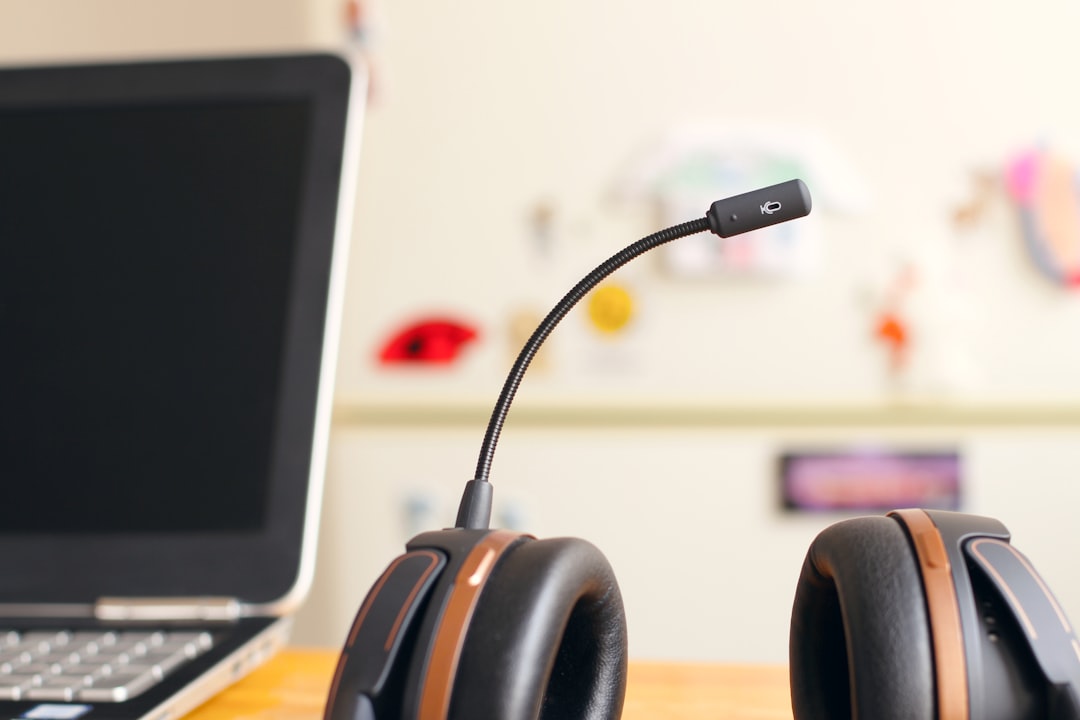In South Dakota, businesses using autodialers for marketing or customer service must comply with both federal (TCPA) and state regulations. Specialized autodialer lawyers are crucial in this complex web, guiding companies through consent requirements, do-not-call lists, and ethical practices to avoid legal issues and protect consumer privacy. These experts collaborate with regulatory bodies and stay updated on legislative changes, ensuring businesses foster positive customer relationships while navigating the challenges of modern communication technologies.
“In South Dakota, navigating the complex landscape of autodialer regulations is paramount for businesses seeking compliance with legal requirements. This article serves as a comprehensive guide, offering insights into the legal perspective of autodialer regulations and their impact on various industries. We explore key players and their roles in shaping these rules, delve into crucial compliance requirements, and present real-world case studies to illuminate the practical implications for autodialer usage. For businesses and autodialer lawyers in South Dakota, understanding this regulatory environment is essential.”
Understanding Autodialer Regulations in South Dakota: A Legal Perspective

In South Dakota, the regulations surrounding autodialers—also known as automatic telephone dialing systems (ATDS)—are governed by both state and federal laws. An autodialer lawyer in South Dakota can help individuals and businesses navigate this complex legal landscape. The Telephone Consumer Protection Act (TCPA) is a federal statute designed to curb nuisance calls and protect consumers from unsolicited communication, which includes calls made using an autodialer. At the state level, South Dakota’s consumer protection laws further clarify rights and responsibilities regarding telemarketing practices.
Understanding these regulations is crucial for businesses utilizing autodialers for marketing or customer service purposes. A skilled autodialer lawyer in South Dakota can ensure compliance with TCPA rules, which prohibit automated calls unless the caller has prior express consent from the recipient. They can also advise on state-specific requirements, such as registration and do-not-call lists, to avoid legal repercussions and maintain ethical business practices.
Key Players and Their Roles: Navigating the Regulatory Landscape

In the complex web of regulations surrounding autodialers in South Dakota, several key players emerge who play pivotal roles in shaping the legal landscape for businesses and consumers alike. An autodialer lawyer, specialized in this niche area, acts as a guide, navigating clients through the intricate rules and guidelines set by state authorities. Their expertise lies in understanding the nuances of the law, ensuring compliance, and providing strategic advice to mitigate risks associated with automated phone calls.
These lawyers often collaborate with regulatory bodies, such as the South Dakota Division of Consumer Protection, to ensure fair practices in telemarketing. They stay abreast of legislative changes, court rulings, and industry best practices, enabling businesses to adapt their autodialer operations accordingly. By staying one step ahead of regulatory trends, these legal professionals foster a balanced environment where companies can effectively market their products or services while respecting consumer privacy rights.
Compliance Requirements: What Businesses Need to Know

In South Dakota, businesses utilizing autodialers for marketing or communication purposes must adhere to stringent regulations designed to protect consumers from unwanted calls. Compliance with these rules is paramount to avoid legal repercussions and fines. An autodialer lawyer in South Dakota can guide companies through this complex landscape, ensuring they meet all necessary requirements.
Key compliance requirements include obtaining prior express consent from call recipients, providing a clear opt-out mechanism during each call, and maintaining detailed records of call activities. Businesses must also ensure their autodialing software is equipped with features to prevent calls to inactive or wrong numbers, as well as respect state laws regarding call timing and frequency. Adhering to these standards not only fosters ethical business practices but also strengthens relationships with customers by demonstrating respect for their privacy and preferences.
Case Studies: Real-World Implications for Autodialer Use

In the realm of modern communication, autodialers have become a double-edged sword, presenting both benefits and legal complexities. Case studies from across the country offer valuable insights into the real-world implications of autodialer use, particularly in South Dakota where regulations are stringent. For instance, a leading autodialer lawyer in South Dakota recently argued a case involving an organization that utilized automated calls for customer service purposes. The court’s decision not only highlighted the legal framework surrounding autodialers but also set a precedent for responsible marketing practices, emphasizing the need for clear consent from recipients.
These cases underscore the importance of understanding both the letter and spirit of the law when employing autodialers. Businesses in South Dakota must tread carefully to avoid legal pitfalls and ensure compliance. An experienced autodialer lawyer can guide companies through this intricate landscape, navigating the nuances of regulations to protect their interests while respecting consumer privacy. This proactive approach is crucial in an era where technology continues to evolve at a rapid pace.






